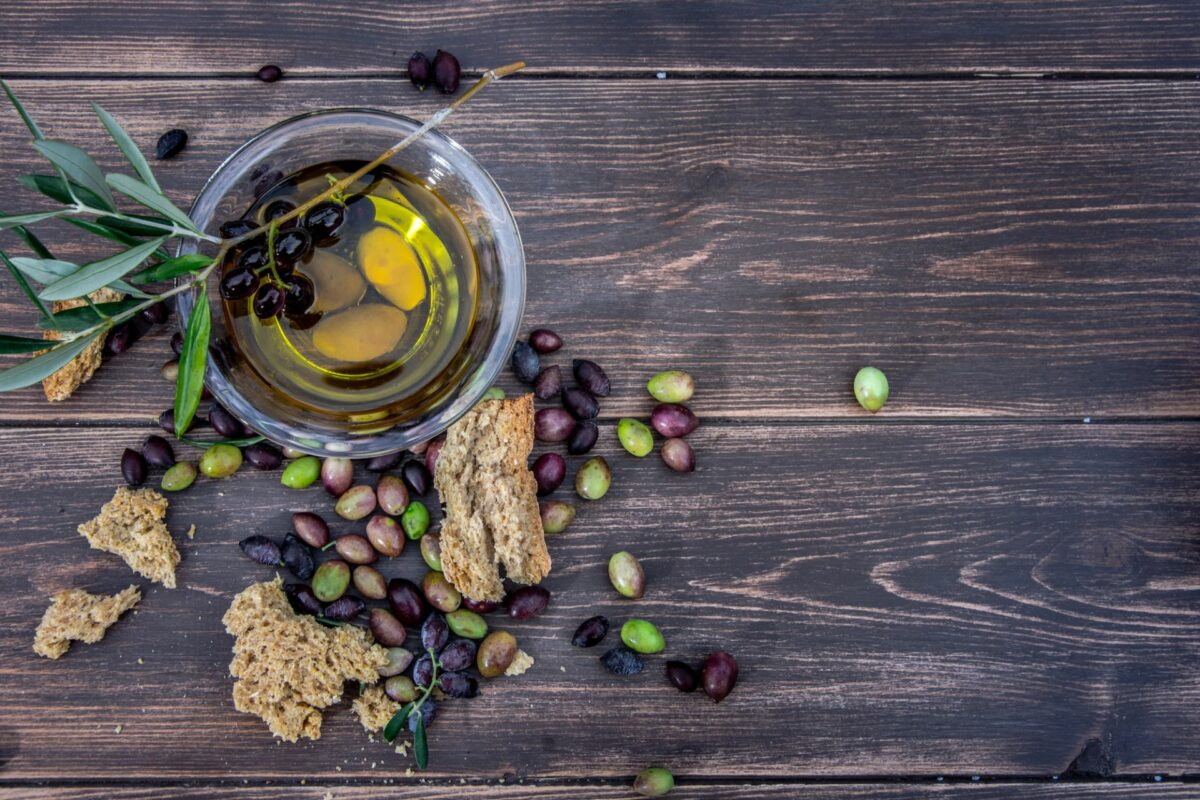
The fertile Cretan landscapes are enowned for producing some of the finest olive oil in the world. This golden elixir is not only a staple of the Cretan diet but also a symbol of the island’s cultural heritage. For visitors to Crete, exploring the world of olive oil offers a fascinating journey through ancient traditions, meticulous production processes, and delightful tasting experiences. Here’s everything you need to know about Cretan olive oil and why it should be on your must-do list during your stay.
A Historical Legacy
The history of olive oil in Crete dates back over 4,000 years to the time of the Minoans, one of Europe’s earliest civilizations. Archaeological finds, including ancient olive presses and storage vessels, indicate that olive oil was a central part of Minoan culture and economy. The significance of olive oil continued through the Roman and Byzantine periods and remains a vital part of Cretan life today. The longevity of this tradition is a testament to the island’s enduring relationship with this precious oil.
The Art of Production
The production of Cretan olive oil is a meticulous process that combines time-honored techniques with modern innovations to ensure the highest quality. The journey begins in the island’s lush olive groves, where trees are carefully tended to throughout the year. Harvesting typically takes place from November to January, with olives being picked by hand or using gentle mechanical methods to prevent damage.
Once harvested, the olives are transported to local mills, where they are washed and crushed within hours to preserve their freshness. The oil is extracted through a process called cold pressing, which involves pressing the olives without the use of heat to retain their nutritional value and flavor. The result is a rich, aromatic oil with a distinctive taste that reflects the unique terroir of Crete.
Tasting Tours: A Sensory Delight
One of the best ways to appreciate Cretan olive oil is through a guided tasting tour. These tours offer visitors a chance to explore the island’s olive groves and mills, learning about the cultivation and production processes from experts. Guests can witness the journey of the olives from tree to bottle and sample a variety of oils to discern the subtle differences in flavor and aroma.
Many tours also include visits to local wineries and artisan food producers, providing a comprehensive taste of Cretan gastronomy. Pairing olive oil with local wines, cheeses, and bread enhances the tasting experience, allowing visitors to savor the full spectrum of Cretan flavors. Additionally, some tours offer cooking demonstrations or classes, where guests can learn to prepare traditional Cretan dishes using the island’s famed olive oil.
Why Visit?
Experiencing Cretan olive oil production firsthand is not only an educational adventure but also a culinary delight. It offers a deep connection to the island’s culture and traditions, providing a unique perspective on what makes Crete so special. Whether you are a food enthusiast, a history buff, or simply looking for a memorable experience, an olive oil tasting tour is a must-do activity during your stay.
Conclusion
Cretan olive oil is more than just a culinary staple; it is a reflection of the island’s history, culture, and dedication to quality. By exploring its production and indulging in tasting tours, visitors can gain a richer understanding of Crete’s heritage and enjoy a truly authentic experience. During your stay with us, we highly recommend embarking on an olive oil adventure to discover the flavors and traditions that make Cretan olive oil world-renowned.





